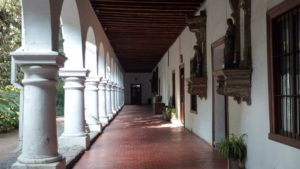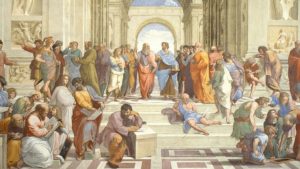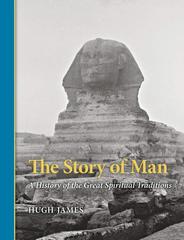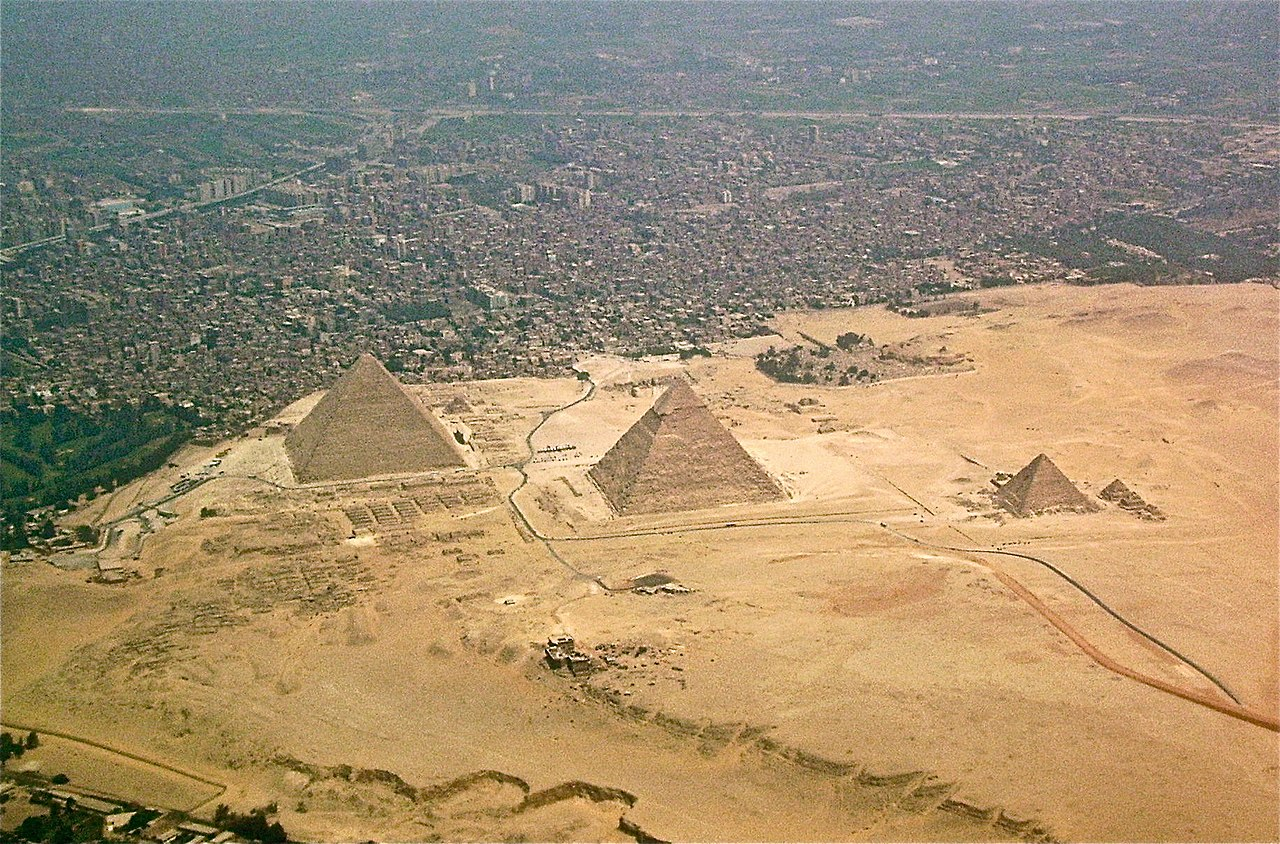Impressions from reading Hugh James’ book, The Story of Man.
I recently read the Story of Man, a book written by Hugh James. It traces the influence of esoteric schools on humanity starting from prehistoric times to the current day. In this article, I summarize my understanding of its basic message, without pretending to convey the author’s original intent or ideas.
The Story of Creation and the Place of Humanity
According to the text, in one bold move, the Absolute took the infinite void and chaos of Not-Being that surrounded him and willed it inside of himself. In merging it with his Being, he became Beyond-Being. He then saw the necessity of ordering the various energies now contained within him. He began to place higher and finer energies above lower and coarser ones. Then the enormous physical universe, called the Ray of Creation in the Fourth Way, came into being. It descended level after level, from galaxies to stars, to planets, bringing more and more laws with each level.
As part of this creation, he also conceived an ascending aspect to the Ray of Creation. This allowed for the generatation of new consciousness to counterbalance the forces of chaos. Mankind was created as a medium to produce this new consciousness.
Because of the many laws involved in the descending levels, the Absolute could not himself act in them. It was necessary to create other beings to assist him in maintaining the universe. These beings, or gods, as the book calls them, tend the lower levels, including humanity itself.
Individual humans are a microcosm of the Absolute. In the same way that the Absolute contained chaos within himself, so each human, to fulfill his or her potential, must also contain their inner chaos and transform whatever suffering is allotted to them.

School Traditions
It is possible for humans to evolve, but only through a connection with higher beings, the gods. This connection proceeds through the social organization of mankind, specifically through the help of school traditions. Throughout human history, school traditions, often unrecorded, help to found orders of civilization, such as Egypt, with a new living religion, such as the Egyptian “afterlife” religion. This structure allowed the tradition to have an influence on the social order, and thus to enable some individual members of the civilization to connect with a higher level.
“It was pointed out before when we spoke about the history of humanity that the life of humanity to which we belong is governed by forces proceeding from two different sources: first, planetary influences which act entirely mechanically and are received by the human masses as well as by individual people quite involuntarily and unconsciously; and then, influences proceeding from inner circles of humanity whose existence and significance the vast majority of people do not suspect any more than they suspect planetary influences.” – Gurdjieff
The Pyramid of Man and the Influence of Higher School
Higher school sent out impulse after impulse to regenerate the original purpose of humanity: to produce consciousness. At certain times in history, these three elements–school tradition, civilizational order, and living religion–were in harmony. And at these moments, the Pyramid of Man briefly came into being. The Pyramid of Man is an archetype to show how humanity fits in with, and can serve, levels of creation both above and below it. Through serving, humanity fulfills the purposes for which it was created.
The book traces, with a wealth of historical examples, the sequence of school traditions on earth. Beginning with the unknown, direct relation between men and gods in prehistory, to the original religions of Mesopotamia and Egypt, the shamanic religions of Eastern Europe and Asia, the prophetic religions including the Abrahamic ones, and finally, to classical civilization, born in the time of the ancient Greeks.
Q. Have not schools in the past influenced humanity?
Ouspensky. When schools influenced humanity, humanity was very small and schools very big. Now humanity is very big and schools very small. For instance, schools under the name of different Mysteries influenced certain periods of Greek life, but Greece was a very small country. Egypt too was comparatively small, so it could be influenced.

The Classical Archetype
The classical archetype is distinct from the previous religious ways. Meaning that instead of the components of school tradition, religion, and civilization, it proposes a state where service to human society becomes a vehicle of service to something higher. The book suggests that there have been a few brief periods when this ideal state came about, partially, in time and space. Perhaps we can sum up the classical civilization model in the saying of Simonides of Ceos, “The city is the teacher of the man.” That is, it should transmit to its citizens higher values and thus enable them to fulfill their possibilities.
If we step back and look at our own times, does our society, our city, teach us higher values? Do we see a school tradition that has any influence on current-day countries? Or any living religion that links its participants to school knowledge? Do we see evidence of a civilization that respects, or even acknowledges, the divine?
No, we do not. Indeed, mankind has increasingly become its own point of reference. Man has become, in his own eyes, the highest power.

To buy this book on Amazon: https://www.amazon.com/Story-Man-History-Spiritual-Traditions/dp/1733565302
David Tuttle, with over forty years in the work, has contributed various articles for the Fourth Way Today including Lost to the World, What is it Then Between Us, An Apollo Walk and The Cascade Fire.
